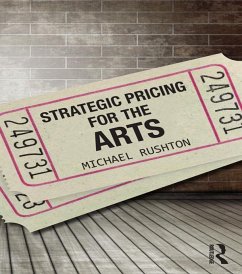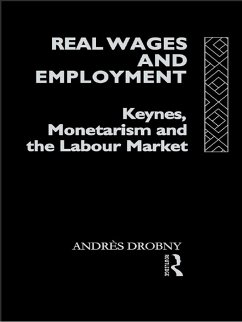
How Many Consumers Say (eBook, ePUB)

PAYBACK Punkte
3 °P sammeln!
Volatility refers to the frequency and extent of stock fluctuations. It involves risk but is not the same as risk. Investors who hold a stock can influence its volatility. For example, day traders can significantly increase the volatility of a stock when they buy and sell shares. The same goes for institutional holders. Depending on trading volume, pension and mutual fund managers may increase the volatility of a stock when holding office or resigning. Reports can also impact the volatility of a low-volume stock (e.g., daily trading volume of less than 20,000 to 50,000 shares). And as we repea...
Volatility refers to the frequency and extent of stock fluctuations. It involves risk but is not the same as risk. Investors who hold a stock can influence its volatility. For example, day traders can significantly increase the volatility of a stock when they buy and sell shares. The same goes for institutional holders. Depending on trading volume, pension and mutual fund managers may increase the volatility of a stock when holding office or resigning. Reports can also impact the volatility of a low-volume stock (e.g., daily trading volume of less than 20,000 to 50,000 shares). And as we repeatedly point out, momentum and growth stocks with high P/E ratios are susceptible to even a minimal change in investor confidence and can contain a lot of uncertainty.
Volatility isn't necessarily a bad thing if the stock meets the characteristics of your investing style. Some investors, such as day traders and momentum investors, actually seek out stocks with high volatility (both types of investors score a 9 for tolerance). contains volatility in the PQ chart). If a 10 to 20% drop in value scares you, we recommend trying a lower volatility style such as revenue investing or fundamental value investing.
Volatility isn't necessarily a bad thing if the stock meets the characteristics of your investing style. Some investors, such as day traders and momentum investors, actually seek out stocks with high volatility (both types of investors score a 9 for tolerance). contains volatility in the PQ chart). If a 10 to 20% drop in value scares you, we recommend trying a lower volatility style such as revenue investing or fundamental value investing.
Dieser Download kann aus rechtlichen Gründen nur mit Rechnungsadresse in A, D ausgeliefert werden.













